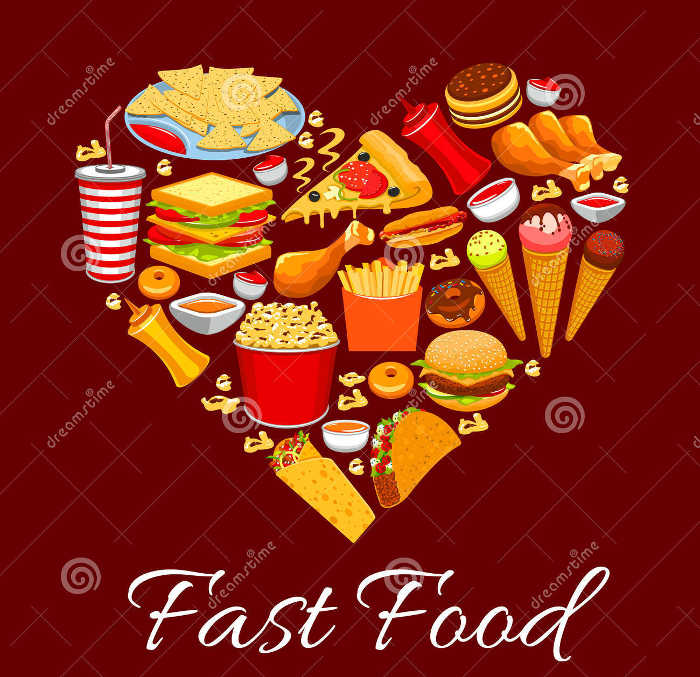FWP:
SETS == GROTESQUERIE; MULTIVALENT WORDS ( kām )
GROTESQUERIE verses: {6,4}; {8,4x}; {25,7}, perhaps; {39,3}***; {39,4}*; {42,8x}, 'nose-hair'; {44,3x}*; {45,6x}; {48,6}; {50,8x}*, she has no fingers; {53,5}; {57,4}, perhaps; {60,9}; {62,6}; {67,3}; {69,1}**; {72,2}; {87,6}(?); {87,8}**; {108,7}; {117,5x}, 'nose-hair'; {123,1}, constant fainting; {129,6x}; {140,3}; {145,5x}; {161,7}(?); {173,3}; {173,6}*; {177,4}; {178,4}*; {187,4x}; {190,5}; {190,7}; {196,6}; {200,2}(?); {222,2x}; {223,1}; {233,2} // {293x,4}; {293x,5}; {322x,6}*, 'cut throat'; {324x,2} (1812); {333x,1}; {352x,1}, personified blister; {352x,3}, blister-string as prayer-beads; {427x,5}, ablutions in blood; {428x,8}; {438x,5}, tears contain heart-bits
FOOD verses: {6,4}; {17,7}; {19,7}; {26,4}; {39,4}; {50,1}; {51,6x}; {56,6}; {67,3}; {114,1}(?); {118,2}; {167,7}; {233,2} // {322x,7} (poison); {323x,3} (metaphorical); {364x,5}; {388x,2}; {404x,1}
PROPORTIONALITY verses: {3,12x}; {4,14x}; {4,16x}; {5,4}; {6,4}; {12,2};
{12,5x}; {27,1};
{27,7}; {38,3}; {44,4x};
{98,5}; {112,4}; {117,2};
{131,9}; {167,1}; {170,2}; {182,2}; {197,4x}; {205,2}; {207,4}; {212,6x}; {231,8}; {234,8} // {320x,3}; {323x,6}; {332x,1}
Faruqi recognizes (July 2000) that this is not one of Ghalib's better verses. For a much finer treatment of this theme, he suggests that we consider one of Mir's [M{454,3}]:
bhūñte haiñ dil ik jānib sikte haiñ jigar yak sūhai majlis-e mushtāqāñ dukkān kabābī kī
[to one side, they roast a heart; elsewhere, they grill a liver
the gathering of the ardent ones is a kabob-seller's shop]
He has a point. Mir's verse has a playfulness and vigor that this one conspicuously lacks. There's also another of Mir's that includes nān-o-namak as well [M{1384,1}]:
darveshī kī jo soḳhtagī hai so hai lażīż
nān-o-namak hai dāġh kā bhī ek shai lażīż
[the burnt-ness of darvesh-ship-- well, it's savory
even/also the naan and salt
of the wound is a savory thing]
Somehow the present verse seems uneasily poised between humor and morbid over-physicalness. Are we really supposed to imagine the heart as a banquet being literally eaten by the friends, who are using their lips and teeth to the best of their ability, and politely wiping the blood from their fingers with a dainty napkin? Without that specificity of image, the verse has little to recommend it; with that specificity, it becomes, so to speak, unappetizing. This is a verse of what I will call 'grotesquerie'; for further discussion, see {39,3}.
It's possible of course to take the verse as referring to poetry: the speaker's laments are a banquet of the 'relish of pain' because his pain produces a mental feast of eloquent words and expressions for his friends to enjoy according to their capacity. In this regard compare the last verse of the divan, {234,14} (one of the meanings of ṣalā is, after all, an invitation 'to partake of food'). We can also think of compassion or sympathy, ġham-ḳhvārī , in its literal sense of 'grief-eating'.
For a more detailed discussion of the very suitable double
meaning of kām as both 'work' and 'desire' see {22,6}.
But in this verse, Nazm is surely right to insist on 'mouth' as well (see the definitions above), since
the interaction of all three meanings is an indispensable part of the pleasure.

Nazm:
That is, however much worth was in each one, to that extent he obtained from me the pleasure of pain; otherwise, on my side there was no lack. The word kām has a relationship of ẓilʿa with 'lips and teeth' [because of its Persian meaning of 'mouth']. (7)
== Nazm page 7